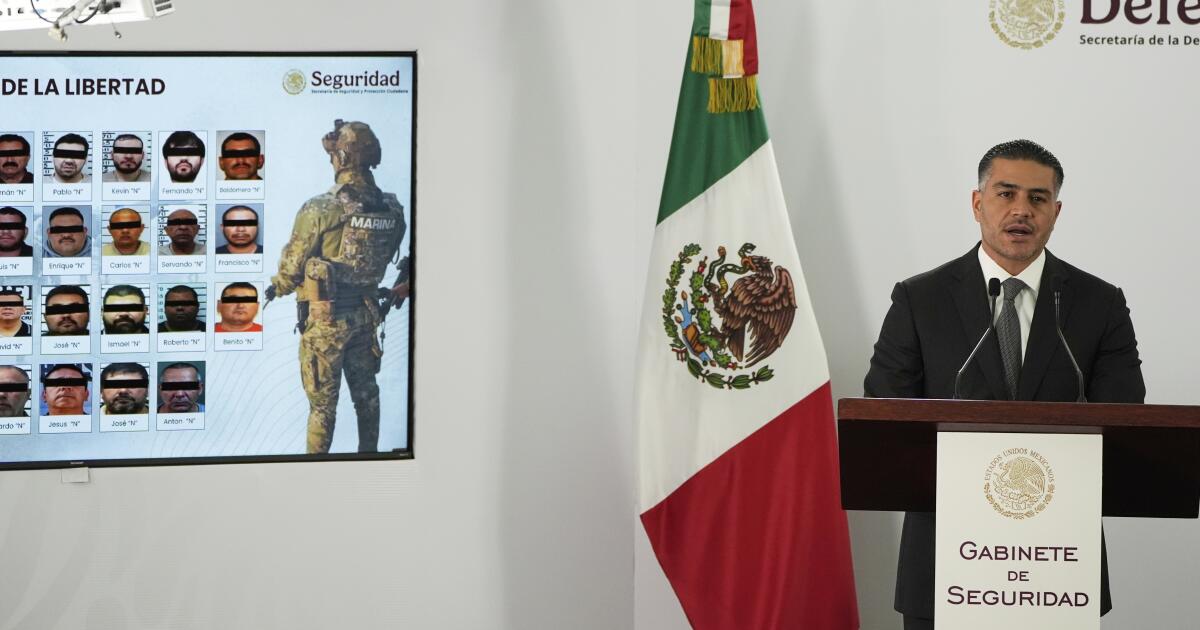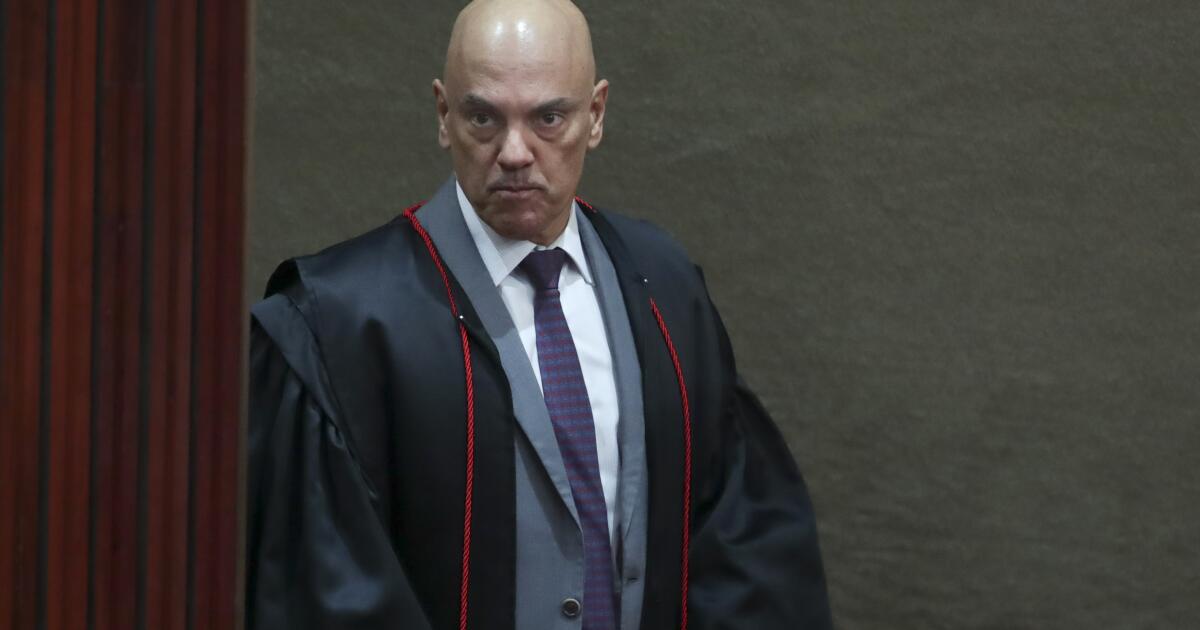U.S. sanctions Mexican drug cartel associates accused of scamming elderly Americans
MEXICO CITY — The U.S. Treasury Department imposed sanctions Wednesday on more than a dozen Mexican companies and four people it says worked with a powerful drug trafficking cartel to scam elderly Americans in a multimillion-dollar timeshare fraud.
The network of 13 businesses in areas near the seaside tourist destination of Puerto Vallarta were accused of working with the Jalisco New Generation Cartel, a group designated by the U.S. government as a foreign terrorist organization.
In a scheme dating back to 2012, four cartel associates are accused of defrauding American citizens of their life savings through elaborate rental and resale schemes, according to a Treasury statement. In the span of six months, officials said they were able to document $23.1 million sent from mostly people in the U.S. to scammers in Mexico.
The sanctions imposed by the administration of President Trump would prohibit Americans from doing business with the alleged cartel associates and block any of their assets in the U.S.
“We will continue our effort to completely eradicate the cartels’ ability to generate revenue, including their efforts to prey on elderly Americans through timeshare fraud,” U.S. Treasury Secretary Scott Bessent said in a statement.
In past years, the administration of then-President Biden also sanctioned associates and accountants related to such schemes.
The Wednesday announcement was made amid an ongoing effort by the Trump administration and the Mexican government to crack down on cartels and their diverse sources of income.
The U.S. Treasury Department has slapped sanctions on a variety of people from a Mexican rapper who it accused of laundering cartel money to Mexican banks facilitating money transfers in sales of precursor chemicals used to produce fentanyl.
The announcement also came one day after Mexico sent 26 high-ranking cartel figures to the U.S. in the latest major deal with the Trump administration as Mexico tries to avoid threatened tariffs.

